UBE3A
Recent articles
Leveraging the power of community to strengthen clinical trials for rare genetic syndromes
Families can become not only participants but champions of these research efforts.
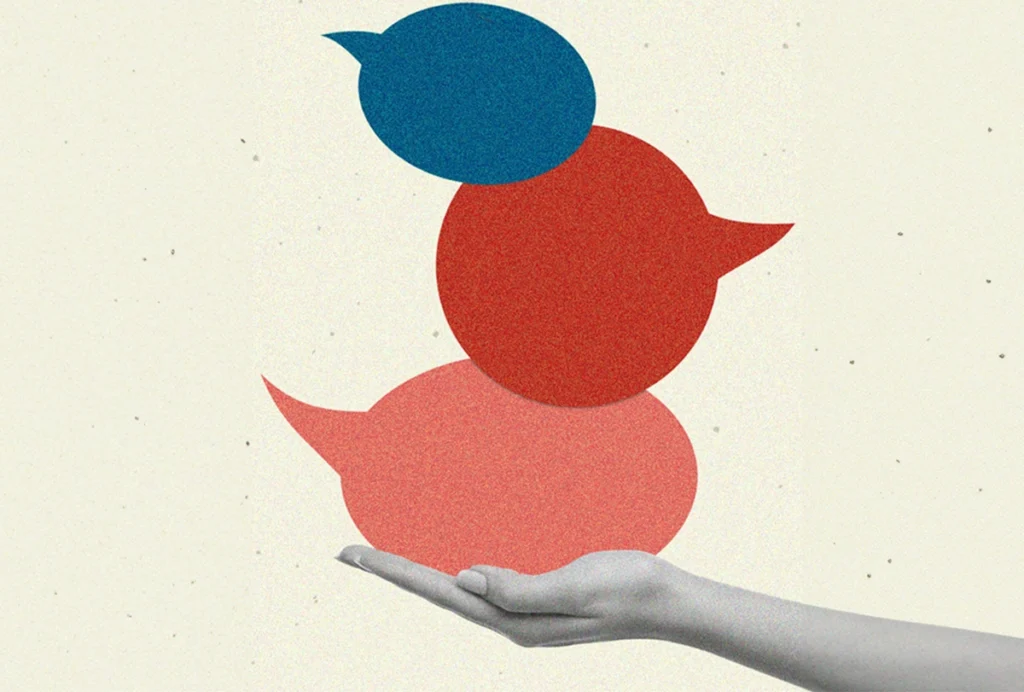
Leveraging the power of community to strengthen clinical trials for rare genetic syndromes
Families can become not only participants but champions of these research efforts.
UBE3A’s link to synaptic pruning bolstered by fly study
Increasing or reducing the levels of the UBE3A gene, which is associated with autism and autism-related syndromes, results in altered patterns of synaptic pruning — a process that snips away brain cell connections.
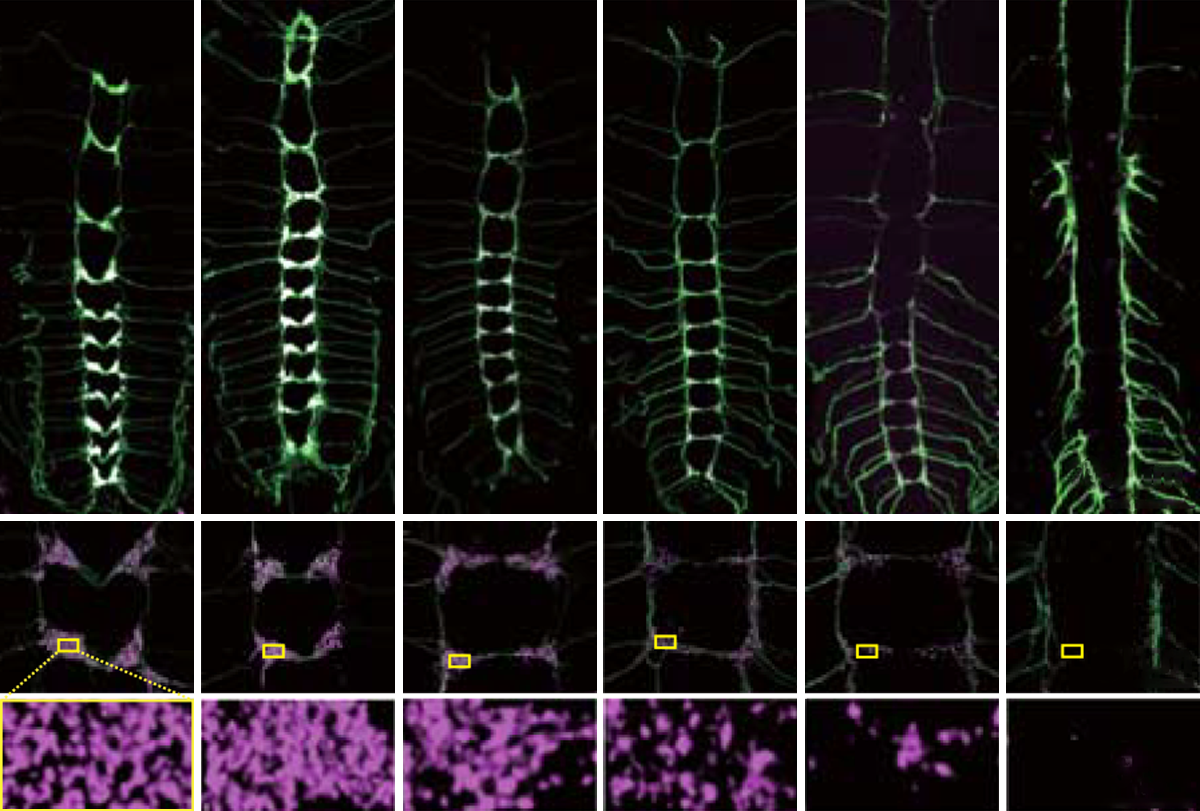
UBE3A’s link to synaptic pruning bolstered by fly study
Increasing or reducing the levels of the UBE3A gene, which is associated with autism and autism-related syndromes, results in altered patterns of synaptic pruning — a process that snips away brain cell connections.
‘Gain-of-function’ mutation spawns autism traits
The mutation increases the activity of an autism-linked protein and leads to social difficulties and other behavioral differences in mice.
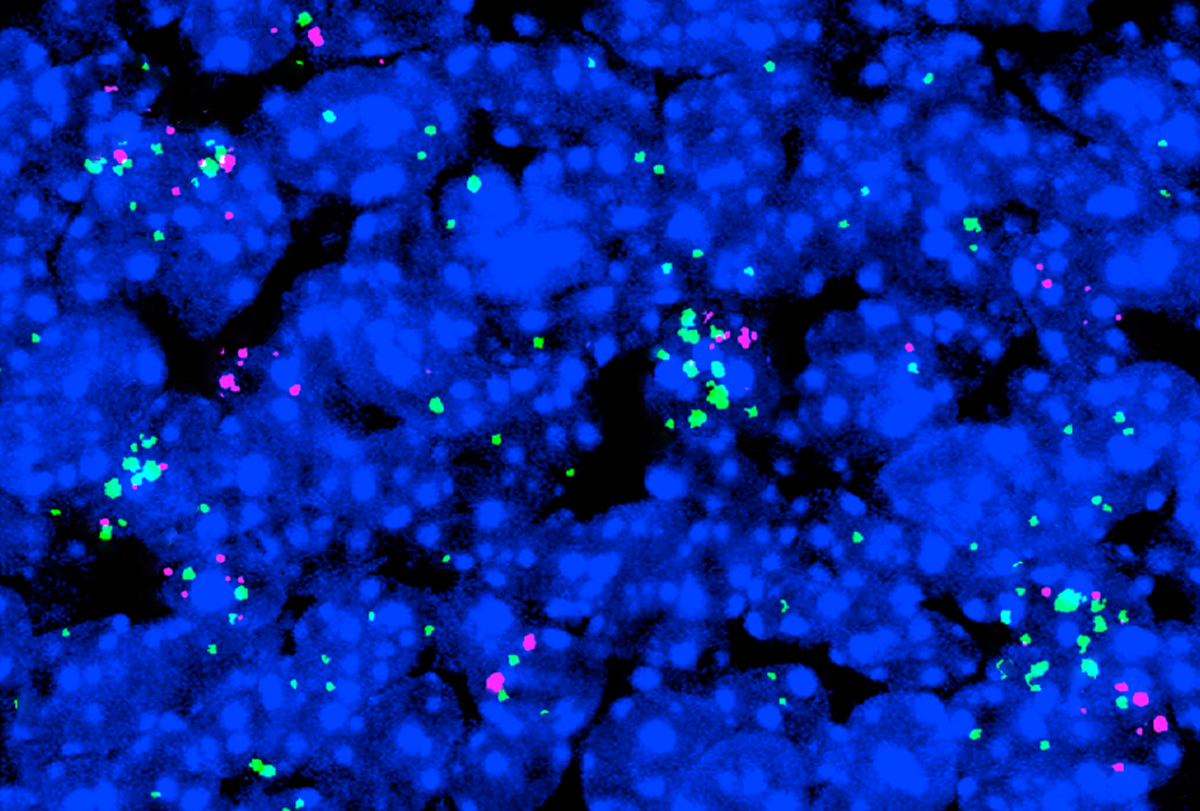
‘Gain-of-function’ mutation spawns autism traits
The mutation increases the activity of an autism-linked protein and leads to social difficulties and other behavioral differences in mice.
RNA therapy restores gene function in monkeys modeling Angelman syndrome
The result raises hopes for an ongoing clinical trial in people — and offers fresh insight into the biology of imprinting and the UBE3A antisense transcript.

RNA therapy restores gene function in monkeys modeling Angelman syndrome
The result raises hopes for an ongoing clinical trial in people — and offers fresh insight into the biology of imprinting and the UBE3A antisense transcript.
Adult Angelman mice get some benefit from boosting UBE3A gene expression
The treatment eases the animals’ sleep troubles, suggesting it has clinically meaningful effects beyond what was thought to be a critical window in early life.
Adult Angelman mice get some benefit from boosting UBE3A gene expression
The treatment eases the animals’ sleep troubles, suggesting it has clinically meaningful effects beyond what was thought to be a critical window in early life.
Beyond the bench: Finding solitude with Jill Silverman
The people-focused researcher shares her secrets to carving out time for grant writing, creating work-life balance and letting go of unread emails.
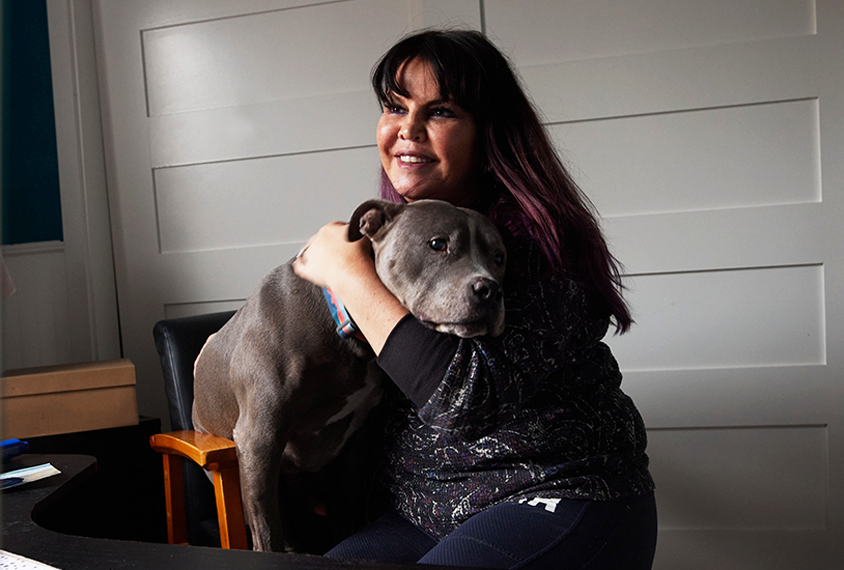
Beyond the bench: Finding solitude with Jill Silverman
The people-focused researcher shares her secrets to carving out time for grant writing, creating work-life balance and letting go of unread emails.
Promising preclinical results prompt Angelman therapy trial
Roche’s gene therapy drug Rugonersen boosts expression of the protein missing in the syndrome in mice and monkeys, but whether it works in people remains to be seen.
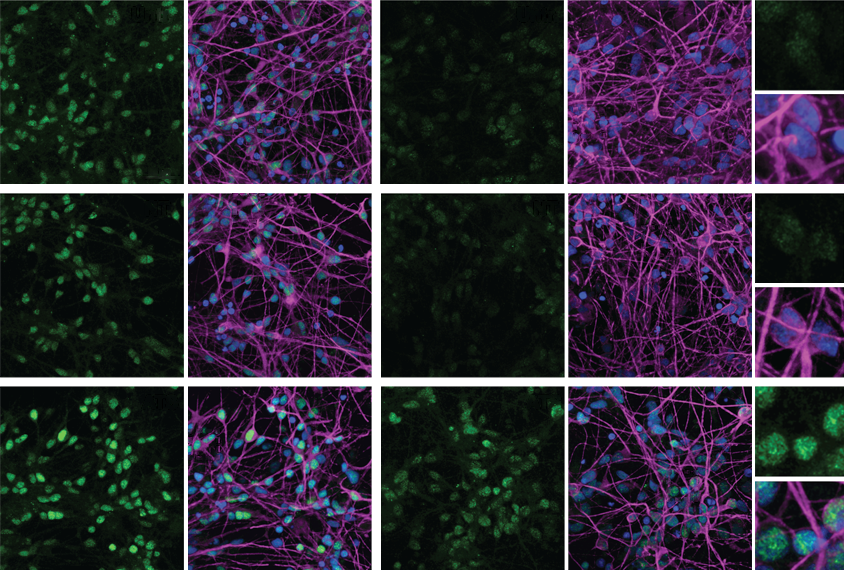
Promising preclinical results prompt Angelman therapy trial
Roche’s gene therapy drug Rugonersen boosts expression of the protein missing in the syndrome in mice and monkeys, but whether it works in people remains to be seen.
Angelman therapy appears safer in restarted trial
Interim results from the previously paused trial suggest that doses of the experimental gene therapy drug GTX-102 are well tolerated in children with the autism-linked condition.
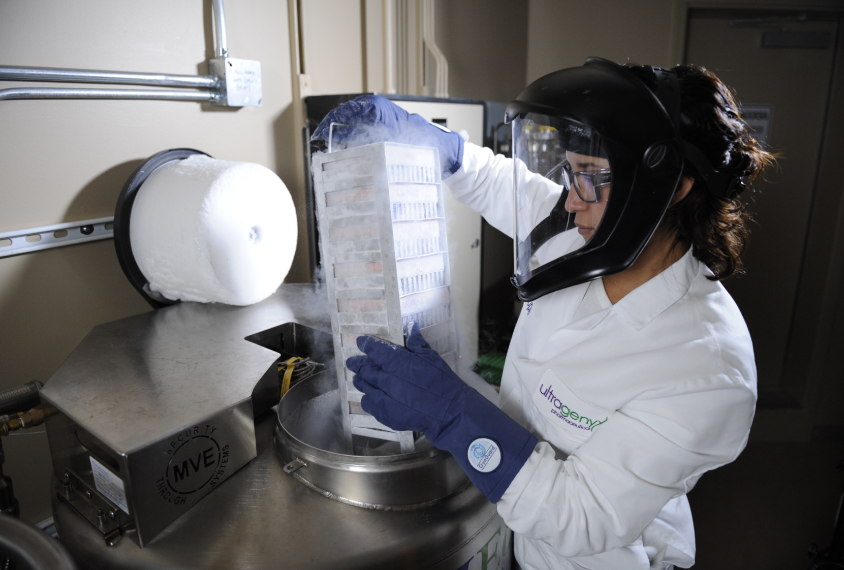
Angelman therapy appears safer in restarted trial
Interim results from the previously paused trial suggest that doses of the experimental gene therapy drug GTX-102 are well tolerated in children with the autism-linked condition.
Enrichment lessens Angelman-like traits in male mice
Model animals don’t develop the usual behavioral and motor problems when reared in an enclosure containing exercise wheels, toys and treats.
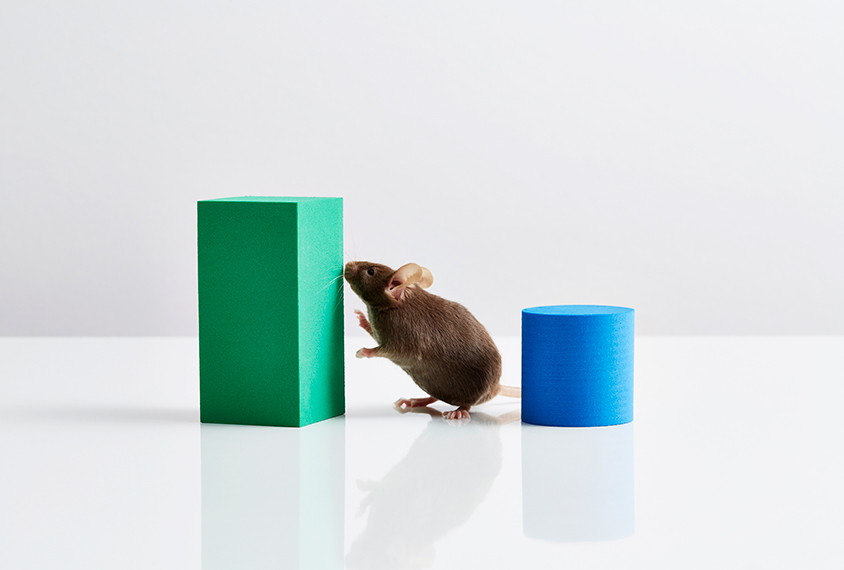
Enrichment lessens Angelman-like traits in male mice
Model animals don’t develop the usual behavioral and motor problems when reared in an enclosure containing exercise wheels, toys and treats.
One-shot gene therapy for Angelman syndrome shows promise in mice
A potential new gene therapy delivered via a single injection mimics ratios of proteins normally found in cells.
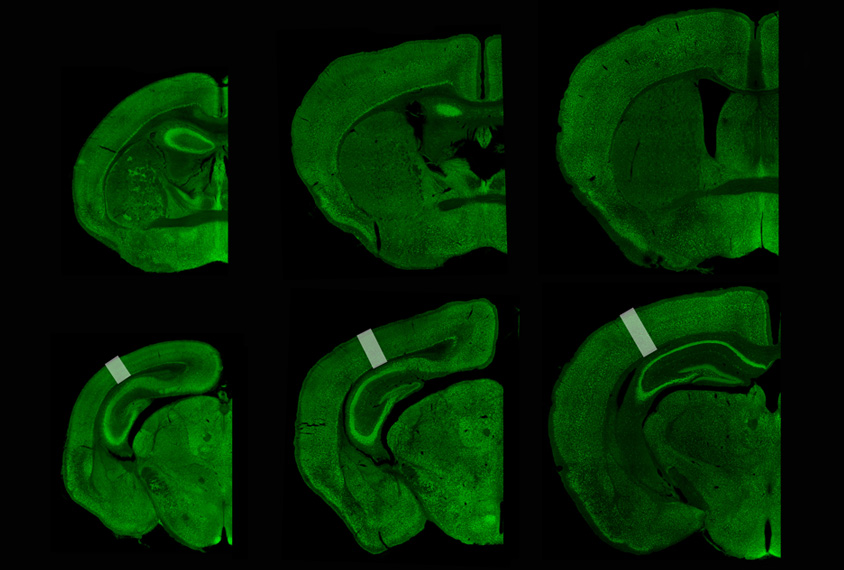
One-shot gene therapy for Angelman syndrome shows promise in mice
A potential new gene therapy delivered via a single injection mimics ratios of proteins normally found in cells.
Explore more from The Transmitter
As federal funders desert mentorship programs for marginalized students, trainee-led initiatives fill the gap
Grassroots organizations, led by graduate students and postdoctoral researchers, are stepping up to provide neuroscience career training and guidance for students from marginalized backgrounds—and they need your support.

As federal funders desert mentorship programs for marginalized students, trainee-led initiatives fill the gap
Grassroots organizations, led by graduate students and postdoctoral researchers, are stepping up to provide neuroscience career training and guidance for students from marginalized backgrounds—and they need your support.
Split gene therapy delivers promise in mice modeling Dravet syndrome
The new approach overcomes viral packaging limitations by delivering SCN1A piecemeal and stitching it together in target cells.

Split gene therapy delivers promise in mice modeling Dravet syndrome
The new approach overcomes viral packaging limitations by delivering SCN1A piecemeal and stitching it together in target cells.
U.S. human data repositories ‘under review’ for gender identity descriptors
Researchers associated with the repositories received an email from the U.S. National Institutes of Health in March noting that they must comply with a 20 January executive order from President Trump that recognizes only two sexes: male and female.
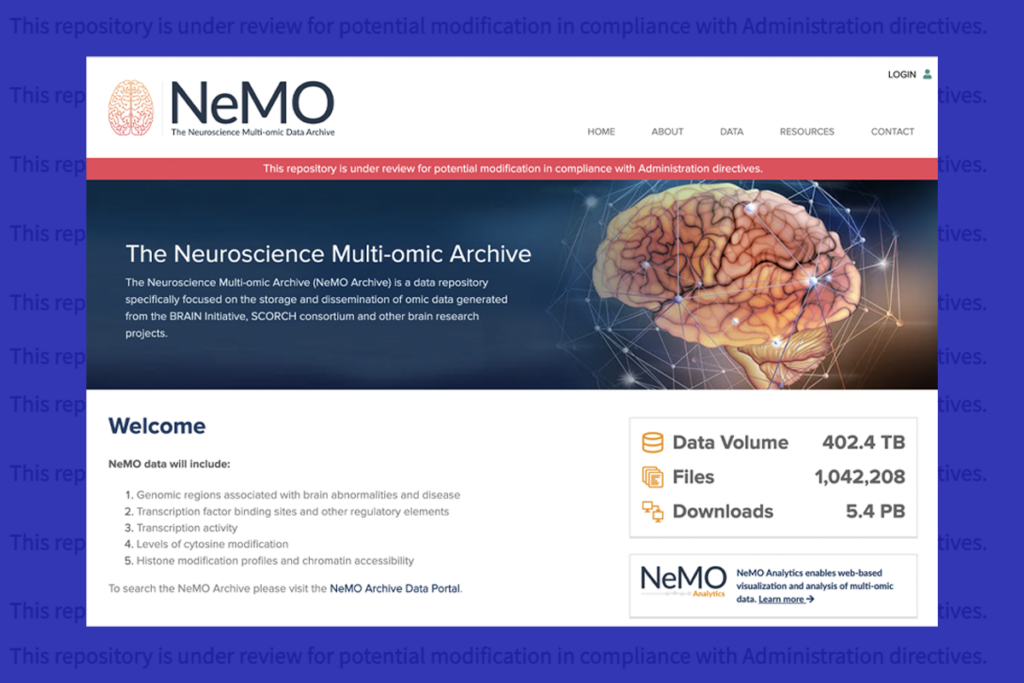
U.S. human data repositories ‘under review’ for gender identity descriptors
Researchers associated with the repositories received an email from the U.S. National Institutes of Health in March noting that they must comply with a 20 January executive order from President Trump that recognizes only two sexes: male and female.